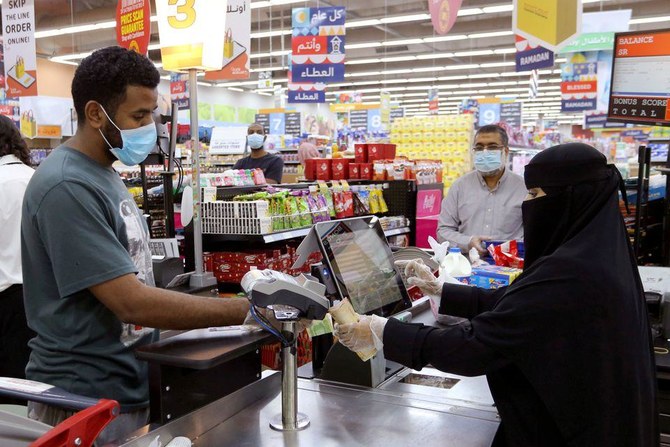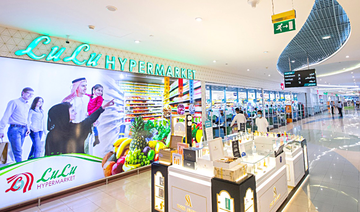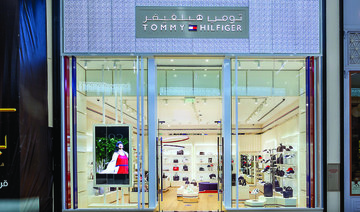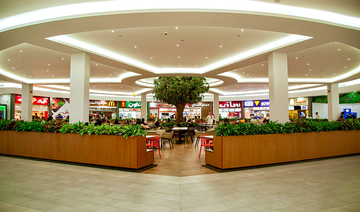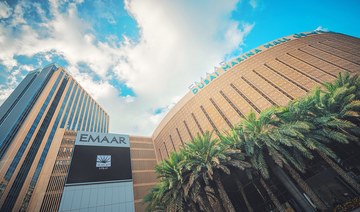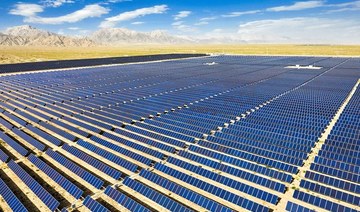RIYADH: Saudi Arabia’s retail sector has seen a recovery in sales at physical stores but, despite the increased footfall, landlords are still feeling the pressure as rents decline amid new space coming onto the market, according to a new report.
“The point-of-sale transactions have been increasing over the past few weeks, and almost doubled compared to the same period last year,” said the report from real estate consultancy firm JLL, based on data from the Saudi Central Bank. “This indicates that, despite the change in consumer behaviors and the shift to e-commerce, many customers prefer the ‘physical experience.’”
A consumer behavior poll by global consultancy firm Kearney in June found that 57 percent of shoppers in the Kingdom believed that the knock-on effects of the pandemic on buying habits would continue for at least another six months, with 44 percent of those questioned saying they preferred to head to malls to buy essential items.
During the first half of this year, Riyadh and Makkah saw the delivery of 28,000 square meters and 57,000 sq m of new retail space. Jeddah and the Dammam Metropolitan Area saw an extra 53,000 sq m and 12,000 sq m added.
The new supply has resulted in downward pressure on rental levels, with average year-on-year rates dropping by 8 percent for super malls in Riyadh and 2 percent for smaller regional malls. Hardest hit was Makkah, where rental levels among large malls were down 24 percent year-on-year.
Looking ahead, the retail property market is likely to continue to favor tenants as new retail supply enters the market, such as Riyadh Avenue and Mall of Saudi in Riyadh.
Across other sectors the pandemic also had an impact. In the office segment only 7,900 sq m of office space was handed over across the four main Saudi cities, and many of the projects due for delivery within the year will experience further delays.
However, there was a 48 percent rise in the number of residential mortgages registered during the period.
Based on the high demand for residential villas, as they represent 80 percent of total mortgages, the Ministry of Housing’s Sakani program provided 77,000 housing units during the first five months of 2021, roughly 55 percent of the target of 140,000 units by 2021.
The hospitality sector saw a slight improvement in performance. Riyadh saw the delivery of 590 new hotel rooms over the first half of 2021, while Jeddah saw the delivery of only one hotel, as most hotels delayed their openings to the upcoming Formula 1 event, which is scheduled to begin on Dec. 5, 2021.
Makkah’s hospitality sector continues to face pressure as this year’s Hajj is limited to those who live in Saudi Arabia, with a total of 60,000 pilgrims.



